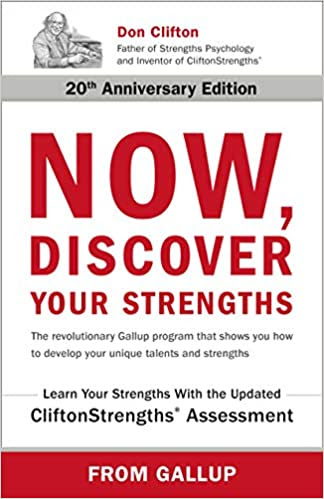How environment affects achievement orientation?
(Emotional Management for Personal & Professional Growth Series)
As we discussed the first two factors on achievement orientation viz Values and Purpose, the third factor which impacts achievement orientation is the Environment.
The environment is where and with whom we spend most of our time, that could be our internal family members, colleagues, friends, and externally to some extent, the society.
How the internal environment impacts us towards achievement orientation?
Since we spend more time with family, friends, and professional networks, they influence our thought process towards achievement orientation. That thought process triggers our ability to take risks, confidence, and courage to manage the challenges during the execution of any tasks.
For example,
Imagine that you are proposing a new venture to your internal environmental members. The next step in your venture is predominately determined by the kind of response or reactions you receive from your close circles. That could be an encouraging response or show stopper kind of response.
The environment is primarily influencing your thought process in the following aspects.
Should i focus more on " to be successful " or " not to be failed"?
Even though both focus approaches seem to be the same, there is a subtle difference in how we deal with the achievement task.
When we have a "success" orientation, most of the time, we look for LEARNING in each step and always look at the experience (either pass or fail) as a learning opportunity. That approach would put us at a high energy level.
When we orient towards “not to fail,” our inclination would be more rigid, always try to be smarter than others, and that approach leads us to a high anxiety level.
The environment predominately determines our approach.
Practically, as an individual, we have limited choice on selecting the environment circle, however, we can be conscious about our responses and our thought process towards achievement orientation.
How can a leader in the organization build a conducive environment for achievement orientations among people?
Let us discuss it next week!











